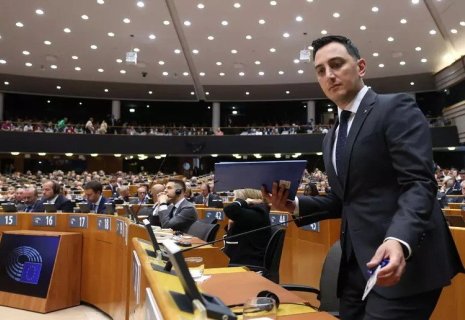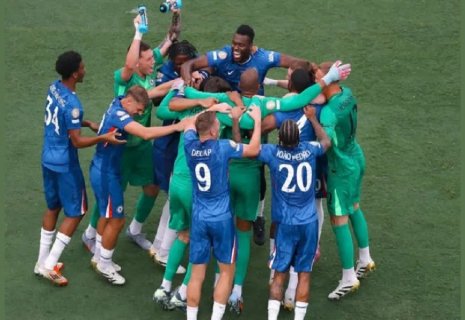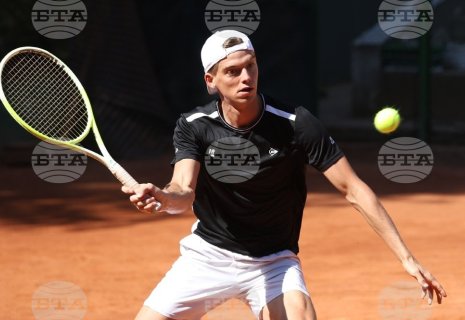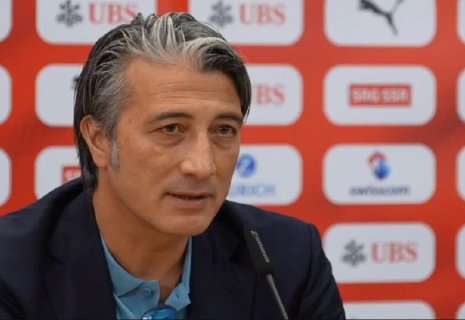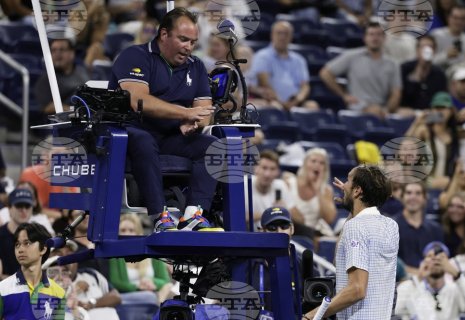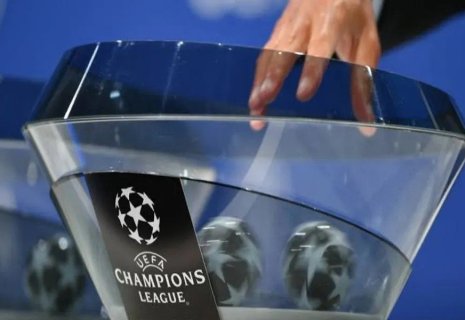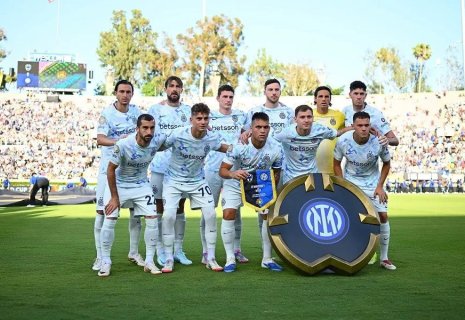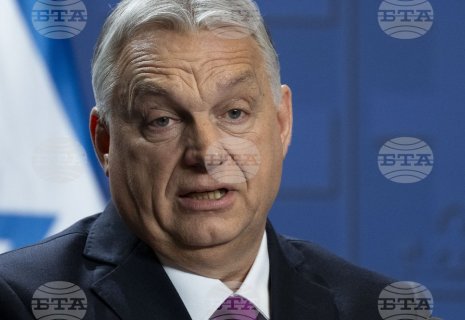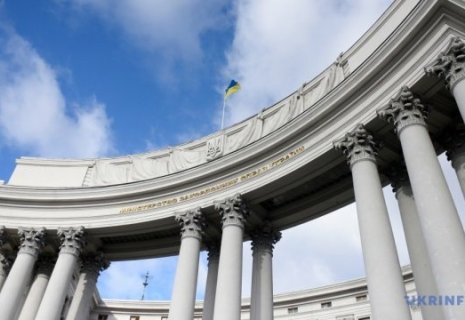
FIFA’s New Tournament Tests Limits of Football Calendar
The Club World Cup, which begins in the United States this weekend, is a controversial addition to the global football calendar and one that could have a far-reaching impact on the sport in the years to come.
The 32-team tournament, with a billion dollars in prize money on offer, has been squeezed into an already overcrowded schedule, leading to concerns that it will push elite players to breaking point, CE Report quotes Kosova Press.
It also threatens to upset the balance of domestic and continental club competitions, giving competing teams huge financial advantages over rivals.
Consider the top clubs in Europe, which are sending 12 teams, including Champions League winners Paris Saint-Germain, Real Madrid, Manchester City and Chelsea.
There is a good chance that some of them will go deep into the Club World Cup, with a maximum of seven matches to be played leading up to the final on July 13.
The riches on offer are extraordinary, up to a potential $125 million for the top-performing European team.
"The Club World Cup model affects the ecosystem of national leagues, especially in Europe," Javier Tebas, president of Spain's La Liga, told radio station Cadena Cope.
But while teams like Liverpool and Barcelona won't be in the United States and thus lose out on financial rewards, they will be able to give their players a much-needed break.
"I think it will have a big impact and give Liverpool and Arsenal a big advantage next season not to be there," England coach Thomas Tuchel said when asked about the implications for the Premier League.
These clubs are already among the richest in the world regardless of the amounts FIFA is spending, but what about teams elsewhere?
It will become more difficult for clubs in South Africa to challenge in this competition after walking away with a guaranteed minimum of almost $10 million - the equivalent of the prize money for winning nine domestic titles.
Auckland City's amateurs already dominate Oceania before receiving $3.5 million in appearance fees alone.
But, if participating here will perhaps be the ultimate career highlight for their players, it only increases the demands on them at the top clubs.
The introduction of this competition was met with opposition in Europe, and the global players' union FIFPro has warned that the well-being of many of its members is being threatened by the heavy workload they face.
Portuguese midfielder Vitinha has played 52 games for PSG this season, including the Champions League final victory over Inter on May 31.
He has also made eight appearances for Portugal, including last week's Nations League final. He is now off to the United States with PSG, with no chance of a break until mid-July.
The next French season is expected to start in mid-August, at the same time as the Premier League and La Liga.
And at the end of next season, Vitinha is set to return to North America with Portugal in the expanded 48-team World Cup.
Such demands on top stars are why players' unions in Europe last year raised the threat of strikes in an attempt to reduce the number of games.
"The problem is the accumulation of too long and intense seasons one after the other," said Maheta Molango, chief executive of the Professional Footballers' Association of England.
"Players aren't just thinking about summer, they're thinking they won't have a vacation in the foreseeable future."
Meanwhile, domestic leagues don't see why they need to change to adapt to the new FIFA tournament.
"International organisations and especially FIFA have increased the number of matches they organise, so we now have a calendar that is beyond saturation," said Mathieu Moreuil of the Premier League.
Other competitions are being devalued because the Club World Cup is taking place at the same time as the CONCACAF Gold Cup, which is also played in the United States.
USA coach Mauricio Pochettino is unable to call up key players like Weston McKennie and Timothy Weah because they are at the Club World Cup with Juventus.
"These are the circumstances we have and we have to adapt," said Pochettino, the former PSG coach, who may not agree with the view of Luis Enrique, currently in charge of the French team.
"I think it's an extraordinary competition," he said, looking ahead to the Club World Cup.




